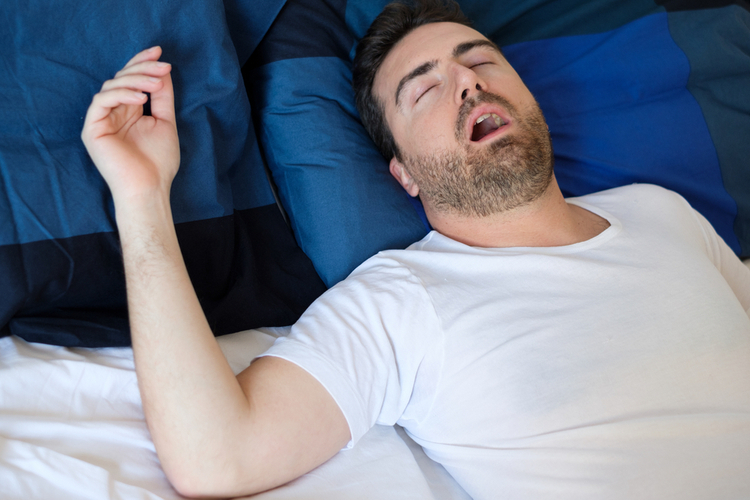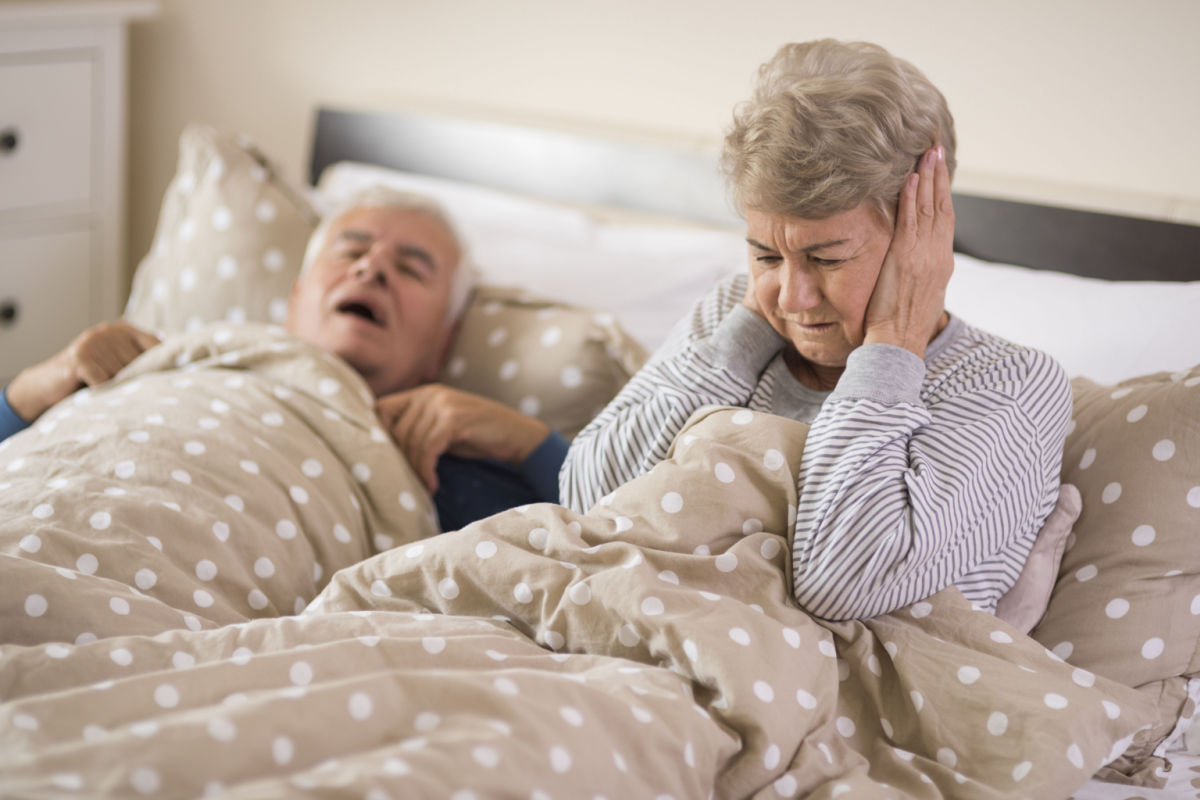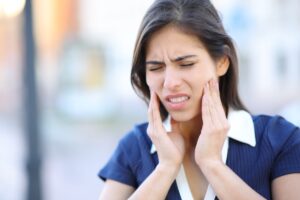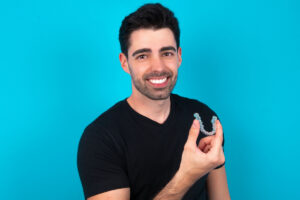People often wonder, can you have sleep apnea without snoring?
Everyone knows that the most common symptom of sleep apnea is snoring. Just ask the bed partner of anyone who has been diagnosed with obstructive sleep apnea! In fact, many people with obstructive sleep apnea discover their diagnosis because they are trying to eliminate snoring and make their bed partners happy again! Snoring and sleep apnea are so correlated, curious people may wonder—can you have sleep apnea without snoring?
This is a valid question and very much looking into. Why? Because sleep apnea is such a serious disorder! Not only does sleep apnea disrupt sleep, leading to daytime tiredness, but so much interrupted sleep has been linked to diabetes, strokes, cardiovascular disease, and more. Undiagnosed sleep apnea is a life-threatening condition. We’ll start by taking a look at an essential question:
What is sleep apnea?
Sleep apnea is a disorder where your breathing is interrupted while you sleep. If you have obstructive sleep apnea (a type of sleep apnea), your throat muscles collapse and obstruct your airway. This means you can stop breathing anywhere from 5 to 30-plus times an hour!
What causes snoring?
With obstructive sleep apnea, because of the obstruction, the tissues of the soft palate vibrate and make noise. This is the most common symptom of obstructive sleep apnea!

So can you have one without the other?
Other problems aside from snoring can indicate sleep apnea! Because you aren’t getting enough rest and technically are waking up so often during the night, sleep apnea can lead to unexplained fatigue. It also can cause headaches during the day. But with no reported snoring, is it possible that it is sleep apnea?
It turns out, the answer is yes. In fact, in a rare form of sleep apnea called central sleep apnea, the brain is not connecting correctly to the muscles that control breathing, leading to disordered breathing and sleep. You may not always snore with this form of sleep apnea! (Also, an oral appliance would be ruled out as a way to treat the disorder, in this case, since the role of an oral appliance is to keep the airway open to prevent obstruction.)
Also, often, people who snore and have sleep apnea do not even know they are snoring! If you do not have a bed partner or roommate, it is possible you do snore and you don’t even know it. If you experience unexplained fatigue, it is worth discovering if sleep apnea is the cause.
We can also flip the question around:
Can you snore without sleep apnea?
Yes! It is estimated that 60 percent of men and 40 percent of women ages 40-60 snore. This is a huge percentage of the population! So just because you snore, it does not necessarily mean you have sleep apnea. Snoring may be caused by your sleep position, alcohol consumption, lifestyle changes like weight loss or gain, allergies and illness, or more.
Because sleep apnea is so serious, if you snore—and especially if you snore chronically or you have other symptoms—it is important to check to see if you have sleep apnea. Other symptoms that could indicate sleep apnea include daytime sleepiness, difficulty concentrating, restless sleep, gasping or choking or witnessed breathing pauses during sleep, high blood pressure, headaches, and more.
So now you know: you can have sleep apnea without snoring!
Do you suspect you have sleep apnea?
With or without the presence of snoring, it is worth getting to the bottom of it. The best way to find out is to have a consultation! We will assess your airway and recommend next steps, which may include records and a home sleep study.






